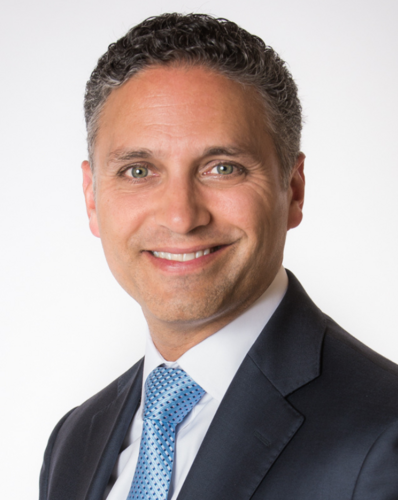Climate Week NYC 2023: Key Takeaways and Insights on What’s to Come
By Christina D. Bonanni, Ian A. Shavitz, Madelyn M. VanDorpe
October 4, 2023 |
Client Alerts
Each year during the regular session of the United Nations (U.N.) General Assembly, the Climate Group—an international nonprofit that works to address climate change with government leaders and businesses—hosts Climate Week NYC. The event allows international leaders, local politicians, businesses, and interested individuals to gather “to drive the [energy] transition, speed up progress, and champion change.”
This year’s Climate Week NYC ran from September 17-24 and included discussions with leading figures in the climate discourse such as the executive director of the Alliance for Clean Energy New York and the director-general special envoy for climate change and health at the World Health Organization. Several companies used the occasion to present new climate-driven commitments and reports such as:
- Global Renewable Alliance’s campaign with over 250 major companies and nonprofit organizations, urging world leaders to commit to tripling renewable energy capacity by 2030. The campaign sent an open letter to U.N. countries, advocating for them to set this target at the upcoming Climate Change Conference (COP28).
- The L’Oreal Groupe’s endowment fund of €15 million ($16 million) to support communities that face the greatest risk of climate-related environmental disasters.
- The Climate Group’s report, Climate Action at Scale, outlining a business model that demonstrates how companies can expand alongside a decarbonizing economy. This business model would shift corporations’ focus from reducing emissions to growing more sustainably.
In addition to official events, political leaders across the United States announced ambitious climate actions:
- New York Governor Kathy Hochul announced an award of over $13.8 million to 33 agricultural projects across the state to assist in implementing sustainable farming methods and on-farm environmental planning.
- The U.S. Climate Alliance—a coalition of 25 governors working to achieve lower emissions across the United States—committed to decarbonizing existing and new buildings in their states by quadrupling heat pump installations through financial incentives included in both the Inflation Reduction Act and individual state policies. (Heat pumps reduce greenhouse gas emissions from buildings because they cool and heat buildings by transferring heat instead of using electricity to generate warmer or cooler temperatures.)
- California filed a lawsuit against the world’s largest oil companies, alleging that they engaged in deception campaigns and misled the public about the dangers of fossil fuels.
- President Biden unveiled the American Climate Corps, a new jobs training program that focuses on putting young people to work in the clean energy and climate resiliency sector.
Finally, the United Nations Secretary-General Antonio Guterres held a United Nations Climate Ambition Summit, intending to facilitate discussion on how member nations can more effectively reduce greenhouse gas emissions to meet the goals of the Paris Climate Accord, which aims to cut carbon emissions by 50% by 2030. The U.N. will resume discussions on climate change at the end of November when the United Arab Emirates will host the 2023 U.N. COP 28.
For questions regarding the above information, please contact Lippes Mathias Environment & Energy Team Practice Leader Ian Shavitz at ishavitz@lippes.com, senior associate, Christina Bonanni at cbonnani@lippes.com, or associate, Madelyn VanDorpe at mvandorpe@lippes.com.





